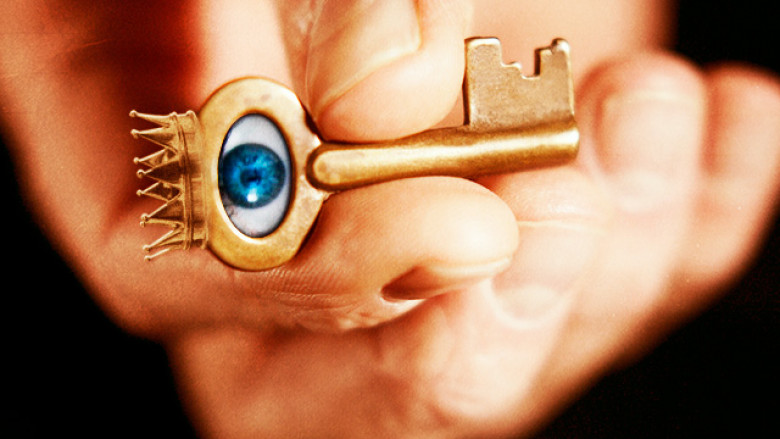Why passwords have never been weaker - and crackers have never been stronger
In late 2010, Sean Brooks received three e-mails over a span of 30 hours warning that his accounts on LinkedIn, Battle.net, and other popular websites were at risk. He was tempted to dismiss them as hoaxes—until he noticed they included specifics that weren't typical of mass-produced phishing scams. The e-mails said that his login credentials for various Gawker websites had been exposed by hackers who rooted the sites' servers, then bragged about it online; if Brooks used the same e-mail and password for other accounts, they would be compromised too.
The warnings Brooks and millions of other people received that December weren't fabrications. Within hours of anonymous hackers penetrating Gawker servers and exposing cryptographically protected passwords for 1.3 million of its users, botnets were cracking the passwords and using them to commandeer Twitter accounts and send spam. Over the next few days, the sites advising or requiring their users to change passwords expanded to include Twitter, Amazon, and Yahoo.
"The danger of weak password habits is becoming increasingly well-recognized," said Brooks, who at the time blogged about the warnings as the Program Associate for the Center for Democracy and Technology. The warnings, he told me, "show [that] these companies understand how a security breach outside their systems can create a vulnerability within their networks."










































































